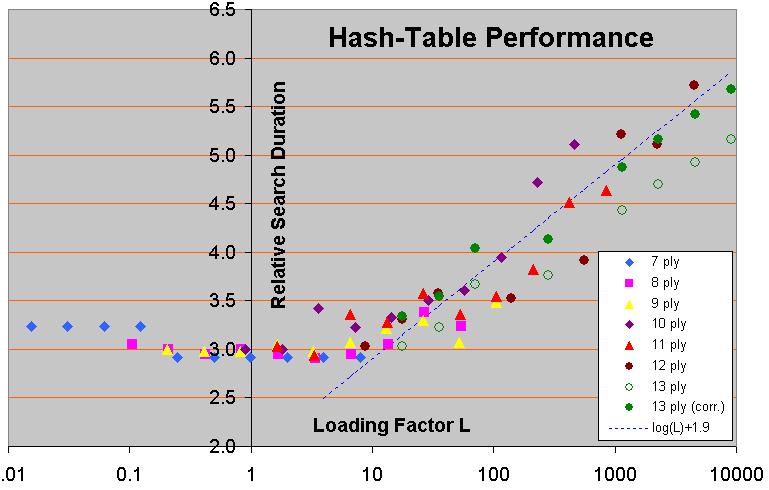Milos wrote:To train NN to play in the style of Tal, Karpov, Kasparov, etc, one would need a large training set of games of Tal, Karpov, Kasparov, etc, that counts in millions.
That has absolutely nothing to do with taking Van Gogh's painting and extracting few hundreds of features and than applying those to an existing photo.
You didn't need millions of paintings of Van Gogh for training.
If you need millions of Morphy games to emulate him, you're doing something wrong...
No, you don't just use the games of the player you're emulating. What you need to do is feed the thing all the games that have been played by humans in history. All the games played between chess engines in history. You can easily produce millions of games to input to the thing.
The idea is it's able to recognize the style of all the players of the thing.
Then, you delete from its learning some game from the player you want to emulate, say, Morphy, and make it guess who are the players of the games.
Initially it's going to guess at random.
Eventually, the NN will get better at guessing what games were played by Morphy.
That is, it'll make guesses of the players of the games, and it'll turn out that players that play very unlike Morphy will soon cease to be guessed, while the NN will focus on telling apart players of similar styles to it. But still, it will learn clearly the difference from players of "opposite style."
Now, create a Generative Adversarial Network, that is going to produce fake games that try to fool the first one into thinking Morphy was one of the players.
Once you have a NN able to recognize games played by Morphy, and an GAN that is able to fool the first, you just need to give the GAN the game up to the present point, and make it produce the continuation that would fool the NN into thinking it's Morphy playing.
This method will result in a chess entity that doesn't care about a game result, and will play really poorly, so here's where you insert Alpha Zero methods to make it play to win as well.




